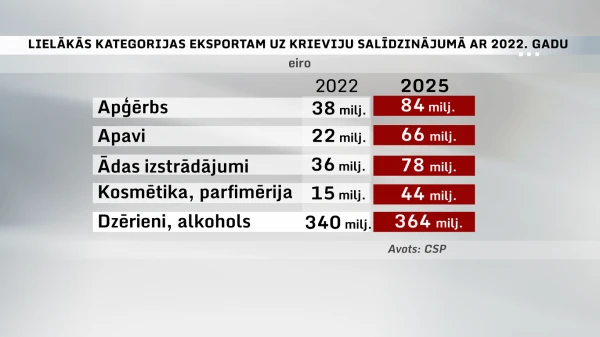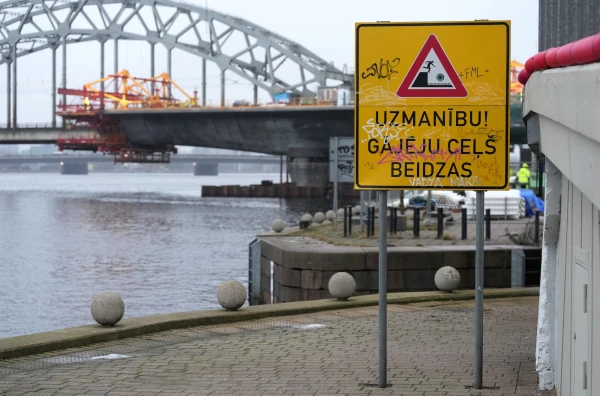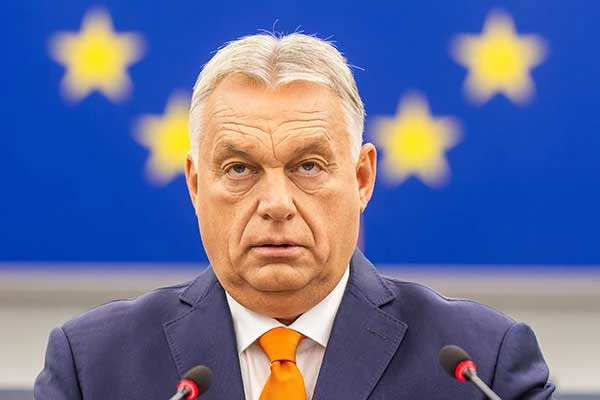
When I first came to journalism, I was terribly upset by the fact that everything is strict there and information needs to be double-checked. It’s hard to say now: was I lucky then or not, but I ended up in a sort of old-school aquarium of old-school journalists.
How it was
We basically didn’t have any “less significant” things: in a story, as in a woman, everything had to be perfect: from its content to its structure and audiovisual design. In fact, each submission of material was a mini-journey through a little hell. Every number, every surname, every line was accompanied by the inevitable “Are you sure? Did you check? Where did you see that? Show me.” Then there could be separate criticism for grammar and stress. And for diction.
At first, it terrified me to the point of trembling: each story was like a mini-exam. Then it became a habit, a norm, keeping me on my toes. Essentially, this is the very “hard in training – easy in battle”: the habit of checking and rechecking – with a dictionary, Google, and other sources – became a reflex. It doesn’t weigh me down, it doesn’t take much time.
No, I definitely don’t want to sit on a bench by the entrance and become a soloist in the choir of “back in our day...” I understand: times have changed. The rhythm and, most importantly, the pace of life have changed. News has moved to the internet, to “here and now.” The pace inevitably dictates its own rules.
But I still managed to capture a bit of music school. And it was from there that I brought into my life another sacred stronghold: “If you’re not sure – don’t play.” A missed note is always better than a note played out of tune. The absence of news is better than fake news. It’s so obvious, so simple, isn’t it?
Is this different?
I remember very well a moment in the Moscow editorial office, where they wanted to illustrate my voiceover text about Riga with Vilnius during editing. The story was absolutely trivial, the air was burning. The executive editor had already nodded, as if to say, “Send it.” I flinched:
– Stop. This is not Riga. – Huh? – This is Vilnius. And the text is about Riga. – Oh, Alex. What’s the difference? Who can tell them apart anyway? We have air time. – I can tell them apart. – … Well, change it if it bothers you that much.
There was no malice or imperialism there. There was a time crunch and routine. It was important to me, so I changed it. I’m willing to admit that everything happening in the information field today started with ordinary carelessness. That at some point, in some editorial office, someone said the sacred words: “Oh, what’s the difference?” and opened the gates of hell. It’s a very tempting abyss: “They’ll swallow it.”
It’s then that we stop looking for good shots, choosing the right words, and picking the right moment, putting forward the shining sword: “Well, you understood what I meant, right?” Just at some point, the media themselves stopped understanding what they wanted to say. Or, conversely – they started to understand. And it no longer coincided with the actual state of affairs.
New reality
Artificial intelligence (AI) is a crazy toy capable of bringing any fantasy of the person controlling it to life with wild realism in just seconds upon request. In three years, since AI got into the mischievous hands of ordinary users, the internet has literally swollen with photos and videos created by artificial intelligence. Talking cats, dancing fish – it’s all, of course, fun. Some even find it interesting. A game that everyone or almost everyone got involved in: some created, some followed along and monotonously repeated: “Oh, come on. This is AI.” And everyone laughed joyfully: “Of course, it’s AI! We understand that a cat couldn’t do that.”
The cat couldn’t, of course. But what about a dog? A bear? A human? What about Trump, Putin, Zelensky, Macron – could they?.. They could?.. Or “could have.” Very subtly, though predictably, artificial intelligence erased the boundary between “definitely not” and “what if?”. We look at a stunning video of a hurricane and say: “No way. That’s graphics.” And a minute later, we open news portals and see news about Hurricane Milton. So it happened? It happened. Scary? Scary. Does that make the video we watched before real? No, of course not. But the essence doesn’t change.
We have been led by the hand into conditions where we must come to terms with the fact that “even if this specifically didn’t happen – it doesn’t negate it.” News began to create information triggers, running ahead of the train. The world is already ready to condemn terrorists for what they haven’t done yet. People for what they haven’t said. The scheme is maximally simple: AI, through the mouth of some “Andrei,” voices a certain scandalous thesis, for example, that he hates gays. Andrei indignantly states: “I didn’t say that!” The public asks: “So, you love gays?” Andrei says: “No, but I...”
“...Andrei officially confirmed that he doesn’t love gays.”
Sensations absorb millions, retractions are read by a few. A lie repeated a thousand times becomes the truth. These theses, known since the times of Jonathan Swift and Joseph Goebbels, have found new life today. And it’s impossible to highlight one side. The vector of the definition “information war” has changed: victory goes not to the one who told, but to the one who invented more truth. The viewer is left only to observe and wait: which of the truths will ultimately have the right to be called the Truth.
Who is to blame?
It’s unfair to shift all the responsibility for rewriting history onto an ephemeral world government, paid journalists, and opinion leaders. Every time we click the “share” button under an unverified news item, we add our stone to the foundation of legitimizing a new reality. Already today, when searching for information about Salaspils, we increasingly come across the definition “labor camp.” Fewer and fewer living witnesses. It’s easier to call them “poisoned by Soviet propaganda.” Well, really: what could a child remember when they were five years old? What bloodletting? I beg you...
We thoughtlessly click the “share” button under a photo of a whale with legs, a cat with a guitar, Putin with a rocket, Zelensky in cocaine, and think it’s all just a joke. A cleverly made caricature. And then we are surprised by a neighbor who is convinced that in Moscow people are fighting for bread in TSUM, and we doubt the authenticity of a video in which terrorists are roasting babies alive in an Israeli kibbutz.
In ten years, our children will find confirmations/proofs of the most idiotic claims through a search engine that will reference our reposts. We still remember that whales don’t have legs and cats don’t play the guitar. For us, it’s still a joke. And our great-grandchildren might believe that it was like that in our time.
And it would be one thing if this were a story about the mythological animals of our mind: today we are writing our diaries like Anne Frank. With an invisible note saying “well, you understood what I meant, right?…”
Artificial intelligence has removed from society the last obligation to monitor the accuracy of the information consumed. Today, you just need to take someone’s side, place a bet, and hope that “yours” will win. The smarter ones, in case something goes wrong, prepare shoes – to change them. The more noble ones – a revolver, to shoot themselves. And the further it goes, the stronger the feeling that you won’t catch up, and there won’t be enough bullets.
Alexey Stetyukha, journalist and blogger.












